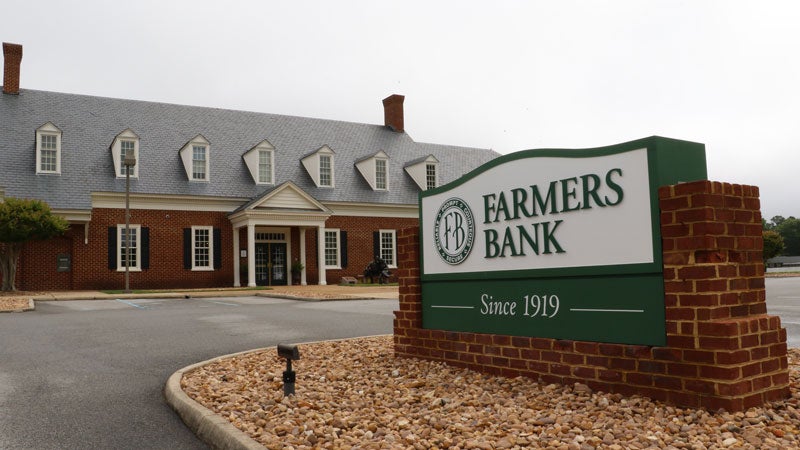Time to update your estate plan
Published 9:12 pm Thursday, June 16, 2016
By Stephen Korving
As the rules related to estate taxes change, so should your estate plan.
The federal estate tax was started in 1916 to help pay for World War I. The tax is levied on everything you own or have interests in at death.
At first, it did not apply to many people, but inflation and prosperity slowly began impacting more and more. For 20 years, from 1987 to 1997, the federal government tax on estates valued at more than $600,000 was 55 percent.
By then, folks who owned nice homes and who had substantial savings and investments started to worry that much of their money would go to the government rather than heirs. Each person has his or her own exemption; a married couple has two exemptions.
But if you die leaving everything to the spouse, your exemption is wasted.
The legal profession came up with a way of saving a lot of estate tax. Instead of leaving everything to your spouse, you can set up a trust that preserves your exemption. Thus was born the A/B Trust, or the spousal and family trust.
You leave $600,000 to a trust — free of estate tax — and the spouse gets the rest, free of estate tax, because spouses are exempt from estate taxes. When the surviving spouse dies, the heirs inherit both the family trust assets ($600,000) and the surviving spouse’s assets up to the $600,000 limit, for a total of $1.2 million free of federal estate tax. This saves the heirs a whopping $330,000 in taxes.
But Congress began changing the amount you can leave to your heirs. Today, in 2016, the estate tax exemption is $5.45 million, and the estate tax rate is 40 percent.
This exposes the problems with this strategy. Setting up two trusts means more paperwork. In addition, the family trust is also subject to a different tax schedule, possibly increasing the cost to the surviving spouse in legal and accounting expenses.
The surviving spouse is allowed to use the family trust for health, education, maintenance and support, but has to be careful that the heirs to the trust do not dispute the manner in which these assets are managed or dispersed. In the case of a blended family, this is where problems can arise.
But the biggest problem can be taxes. The family trust is not legally the property of the spouse. That means that if stocks in the family trust go up in value, the heirs can’t take advantage of the step-up in cost basis when the surviving spouse dies.
If the estate plan documents were prepared years ago when the exemption was much lower, the result might be an actual increase in cost and an increase in taxes, rather than a tax saving.
This is why it may be time to meet with your attorney to bring your estate plan up to date.
Stephen Korving is a financial advisor at Korving & Co. in Suffolk.






